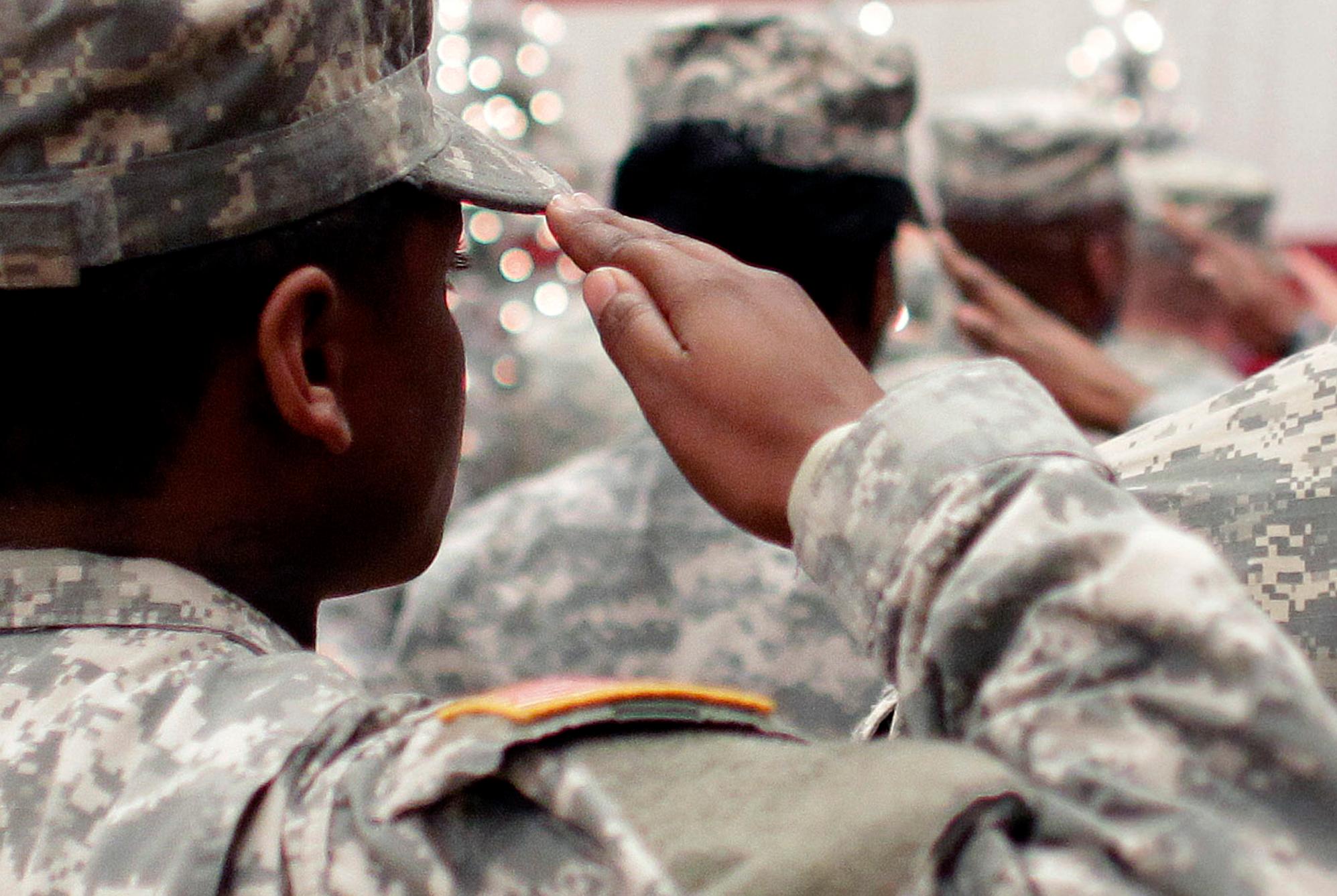

The U.S. House Committee on Veterans Affairs is holding a hearing Thursday to discuss a nationwide problem with veterans not receiving their GI Bill benefits.
Last year, President Trump signed the Forever GI Bill, which expanded the benefits veterans and their families receive.
However, computers at the Department of Veterans Affairs weren’t upgraded to handle these new changes.
“We’ve seen a significant delay this fall,” said Marc Barker, who directs the processing of veterans’ benefits at Colorado State University.
All of the approximately 1,500 GI Bill students at CSU have seen their payments affected by the IT issues faced by the VA, Barker said. At times students were even receiving their housing allowance weeks later than normal.
“We wrote letters to creditors and landlords to say, ‘This is beyond the veterans’ control,’” Barker said. “We’re working with the Department of Veterans Affairs, but this is what we’re dealing with.”
Even as the housing allowance problem has since been addressed, veterans on campus are still receiving about $140 per month less than they should be due to the IT issues.
At the same time, veteran students taking online classes are currently receiving more than they should be under the Forever GI Bill.
Outgoing Republican Rep. Mike Coffman sits on the House Veterans Affairs Committee and will attend the hearing.
Coffman, a Marine Corps combat veteran, applauded the Forever GI Bill when it passed in 2017. A press release from his office described the legislation as, “the largest expansion of veteran educational benefits in over a decade and lifts the current 15-year limit to use such benefits.”
NBC News reported the source of the funding disbursement problems is the VA’s Office of Information Technology, which was responsible for implementing the changes needed for the Forever GI Bill, including a difference in how housing stipends are calculated.
It’s not clear just how many veterans have been affected by the VA backlog, but NBC reports that as of Nov. 8, more than 82,000 GI Bill recipients were still waiting for their housing payments.








